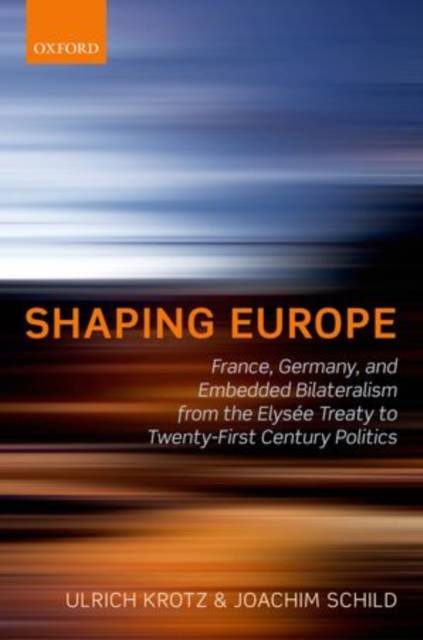
- Retrait gratuit dans votre magasin Club
- 7.000.000 titres dans notre catalogue
- Payer en toute sécurité
- Toujours un magasin près de chez vous
- Retrait gratuit dans votre magasin Club
- 7.000.0000 titres dans notre catalogue
- Payer en toute sécurité
- Toujours un magasin près de chez vous
Shaping Europe
France, Germany, and Embedded Bilateralism from the Elysee Treaty to Twenty-First Century Politics
Ulrich (Professor at the European University Institute, Chair in, Joachim (Professor of Comparative Politics, University of Trier)
Livre relié
186,45 €
+ 372 points
Format
Description
France and Germany have played a pivotal role in European politics and integration. Shaping Europe systematically investigates the interrelated reality of Franco-German bilateralism and multilateral European integration from the Elysée Treaty into the Twenty-first Century.
Spécifications
Parties prenantes
- Auteur(s) :
- Editeur:
Contenu
- Nombre de pages :
- 356
Caractéristiques
- EAN:
- 9780199660087
- Date de parution :
- 20-12-12
- Format:
- Livre relié
- Dimensions :
- 163 mm x 240 mm
- Poids :
- 696 g

Les avis
Nous publions uniquement les avis qui respectent les conditions requises. Consultez nos conditions pour les avis.






